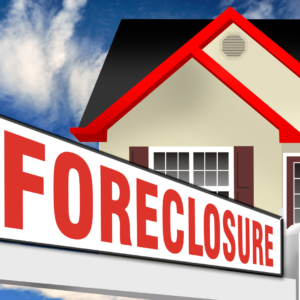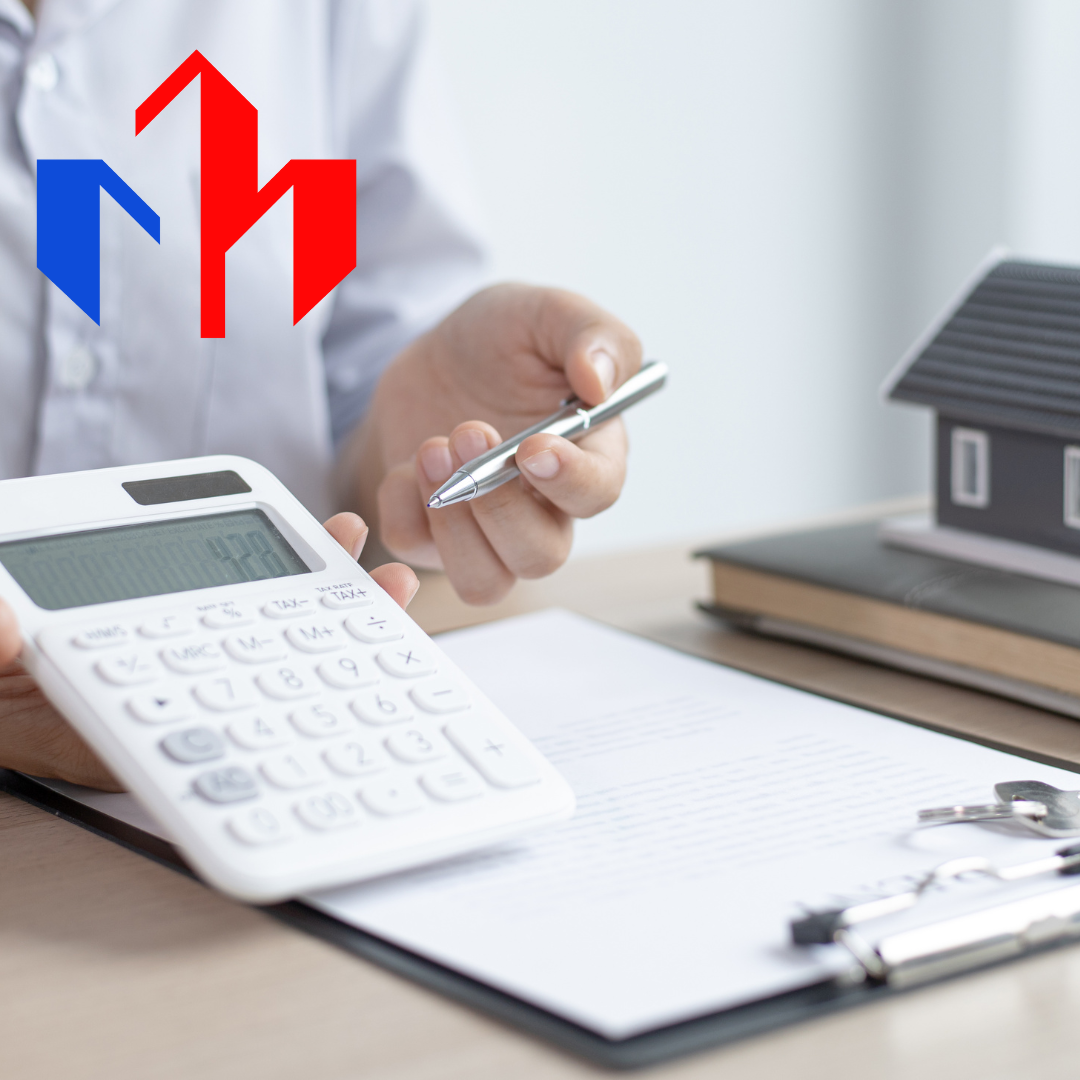Important things to know when buying a bank foreclosure home
There are a lot of things to consider when buying a bank foreclosure home. But don’t worry, we’re here to help! Here are some important things to keep in mind when making your purchase:
- Location, location, location. Make sure you know exactly where the property is located before you buy. You don’t want any nasty surprises down the road!
- Check for any outstanding liens or mortgages on the property. You don’t want to be

The foreclosure process
A foreclosure occurs when the bank or other lender repossesses a home because the borrower has stopped making loan payments. The foreclosure process begins when the borrower receives a Notice of Default, which is a formal notice stating that they have failed to make their mortgage payments and that they are in danger of losing their home.
If the borrower does not take corrective action within a certain timeframe, the lender will issue a Notice of Sale, which is a public notice announcing the date, time, and location of the foreclosure sale. At this point, the borrower has two options: they can either pay off their delinquent loan balance or allow their home to be sold at auction.
If the property is sold at auction, the new owner will be responsible for paying any outstanding mortgage debt. If the property is sold for less than what is owed on the mortgage, the difference is known as a “deficiency judgment.” The borrower may be held responsible for paying this deficiency judgment, depending on state law.
Risks of buying a bank foreclosure home
Bank Foreclosure homes are properties that have been repossessed by the bank or lender due to the previous owner’s inability to make their mortgage payments. These homes are then put up for sale in an effort to recoup some of the money that was lost during the foreclosure process.
While buying a bank foreclosure home can be a great way to get a good deal on a property, there are also some risks involved. The following are some important things to keep in mind if you’re considering this type of purchase:
- You may not be able to inspect the property before buying it. This means you could end up with a home that needs significant repairs or has hidden damage that you weren’t aware of.
- The previous owner may have damaged the home intentionally before leaving it. This could include things like vandalizing the property or removing fixtures and appliances that were included in the sale.
- There could be outstanding liens or judgments against the property that you would be responsible for paying if you purchase it.
- The previous owner’s belongings may still be inside the home when you take possession of it. This can be a hassle and an expense to have them removed.
- You may have difficulty getting financing for a bank foreclosure home. This is because lenders view these properties as being higher risk and they may not be willing to provide financing for them.
Benefits of buying a bank foreclosure home
There are many benefits of buying a bank foreclosure home. First, you can often get a great deal on the purchase price. Bank foreclosures are typically sold at a discount, so you can save money on the purchase. Additionally, bank foreclosure homes are often in good condition, as the banks typically take good care of the property during the foreclosure process. Finally, you may be able to negotiate with the bank on things like repairs or closing costs, which can further reduce your costs.
How to buy a bank foreclosure home
Bank Foreclosure homes are a great way to get a home for a fraction of its market value, but there are some things you need to know before you start the process. Here are four important things to keep in mind:
- Get pre-approved for a loan. This will give you a better idea of how much house you can afford and put you in a stronger position when it comes time to make an offer.
- Get a loan that takes foreclosure properties into account. Some lenders won’t finance homes that are in the foreclosure process, so it’s important to find one that does.
- Be prepared for repairs. Most foreclosed homes need some work, so be prepared to do some fixing up after you move in.
- Hire a real estate agent who is experienced with bank foreclosures. They will be able to help you navigate the process and negotiate on your behalf.
Tips for buying a bank foreclosure home
Bank Foreclosure homes are those that have been repossessed by the bank or lender due to the homeowners’ inability to continue making mortgage payments. Foreclosures represent a great opportunity for home buyers to purchase a property at a discounted price, but there are some things you should know before embarking on the foreclosure home-buying process.
The first thing to understand is that banks are not in the business of selling homes; they are in the business of lending money. As such, banks are often not motivated to sell their foreclosure properties quickly or at a fair market value. It is not uncommon for banks to list their properties well below market value in an effort to recoup as much of their investment as possible.
Another thing to keep in mind is that bank-owned properties are usually sold “as is.” This means that the buyer will be responsible for any and all repairs that need to be made to the property. In some cases, the repairs required may be extensive and costly.
If you are interested in purchasing a bank foreclosure home, it is important to do your research and understand the process before making an offer on a property. Working with an experienced real estate agent who specializes in bank foreclosures can also be beneficial.
Common mistakes made when buying a bank foreclosure home
One common mistake made when buying a bank foreclosure home is failing to do your due diligence. Just because a property is being sold by a bank doesn’t mean it’s a good deal. You still need to research the property and find out as much as you can about it before making an offer.
Another mistake that’s often made is failing to get a professional home inspection. Just because a property is being sold “as is” doesn’t mean you shouldn’t have it inspected. A professional home inspector can often spot hidden problems that you may not be able to see.
Another common mistake made when buying a bank foreclosure home is assuming that the price listed is the price you’ll pay. Banks are often open to negotiating on price, so don’t be afraid to make an offer that’s below the listed price.
Finally, don’t let emotions get in the way when buying a bank foreclosure home. It can be easy to get caught up in the excitement of finding a great deal, but it’s important to keep in mind that you’re still making a major financial investment. Take your time and be sure you’re getting the best deal possible before signing on the dotted line.
How to avoid scams when buying a bank foreclosure home
There are a number of scams that can be associated with buying a bank foreclosure home. Here are a few tips to avoid becoming a victim:
-Do your research. There are a number of reputable websites that provide information on bank foreclosure homes. Be sure to read through all the materials carefully so that you understand the process and what to expect.
-Beware of anyone who tells you that you don’t need a real estate agent when buying a bank foreclosure home. It is always best to have an experienced professional on your side to help negotiate the best price and protect your interests.
-Don’t be pressured into making a decision on the spot. Take your time when touring homes and be sure to have all your questions answered before making an offer.
-Be aware of “red flags” such as properties that are listed well below market value or sellers who are reluctant to provide information about the property. If something doesn’t seem right, walk away from the deal.
Questions to ask when buying a bank foreclosure home
When you buy a bank foreclosure home, there are some important questions you need to ask in order to get the most information about the property. Here are four questions that you should make sure to ask:
- What is the condition of the property?
- Are there any outstanding liens or judgments against the property?
- How much is owed on the property?
- Are there any special assessments or taxes that will be due on the property?
Asking these questions will help you to get a better understanding of what you are buying and what to expect in terms of repairing or updating the home. It is also important to have a realistic expectation of what you can expect to pay for a bank foreclosure home.
| MortgagesToGo.ca | |
| Website | Mortgagestogo.ca |
| Services | New purchase, refinancing and equity takeouts, mortgage transfer, mortgage renewal Rates |
| Rates | https://mortgagestogo.ca/mortgage-rates/ |
| Address | 12 Royal Vista Way NW #1110, Calgary, AB T3R 0N2 |
| Contact Details | (888) 888-5998 |
| Operating Hours | Monday – Friday 9 AM – 5 PM |








